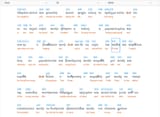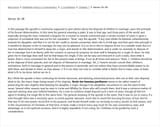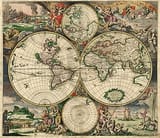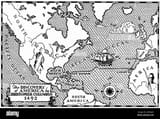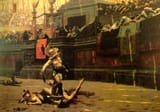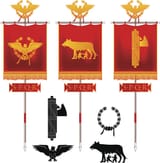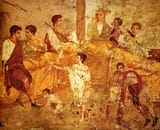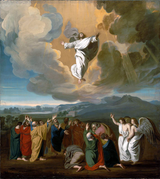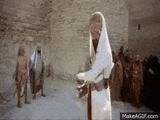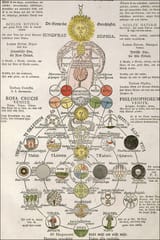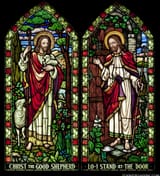>>17758997
Cont'd
3. Miracles as Signs of Prophethood:
The Quran attributes several miracles to Jesus, including healing the sick, raising the dead, and even creating birds from clay, but stresses that these acts were performed by God's permission as signs of his prophethood, not of his divinity.
4. The Messiah (Al-Masih):
Jesus is referred to as Al-Masih (the Messiah) in the Quran, a title that Muslims interpret as signifying his unique role and the blessings bestowed upon him by God.
While Christians view this title in the context of Jesus' divinity and salvific role, Muslims interpret it within the framework of his prophetic mission and role in God's plan.
5. Rejection of Divinity:
A central tenet of Islamic theology is the absolute oneness of God (Tawhid), and attributing divine qualities or partners to God is considered the greatest sin (shirk).
Therefore, Islam explicitly rejects the Christian doctrine of Jesus' divinity and his status as the literal Son of God.
6. No Crucifixion, Ascension to Heaven:
The Quran states that Jesus was not crucified but was saved by God and raised to heaven.
The Quran states: "And [for] their saying, 'Indeed, we have killed the Messiah, Jesus, the son of Mary, the messenger of Allah.' And they did not kill him, nor did they crucify him; but [another] was made to resemble him to them" (Quran 4:157).
7. Second Coming:
Muslims believe Jesus will return before the Day of Judgment to defeat the Antichrist (Al-Masih ad-Dajjal) and establish justice and peace on Earth.
In essence, the Quran presents Jesus as a revered prophet, a human being sent by God with a divine message and empowered with miracles as proof of his prophethood. His role is understood within the strict monotheistic framework of Islam, emphasizing his servitude to God rather than any divine nature.

